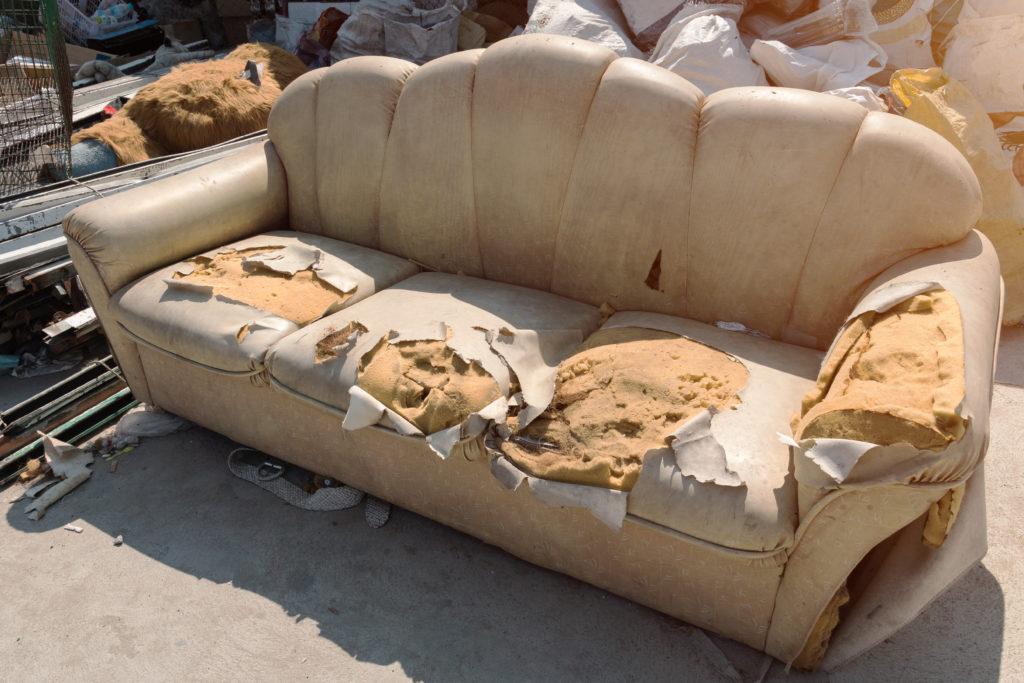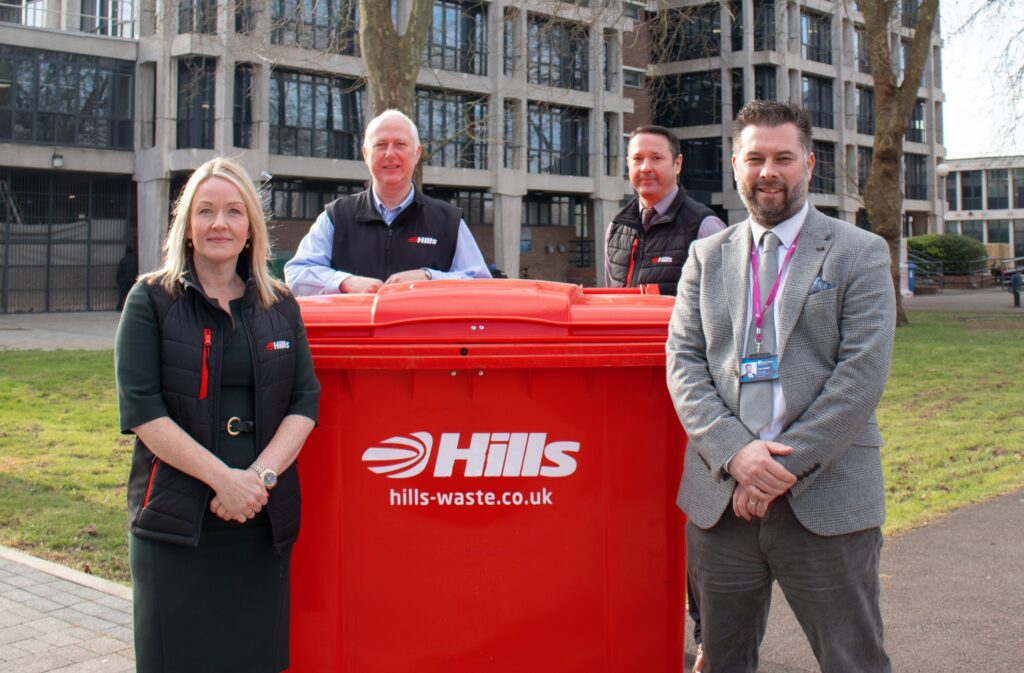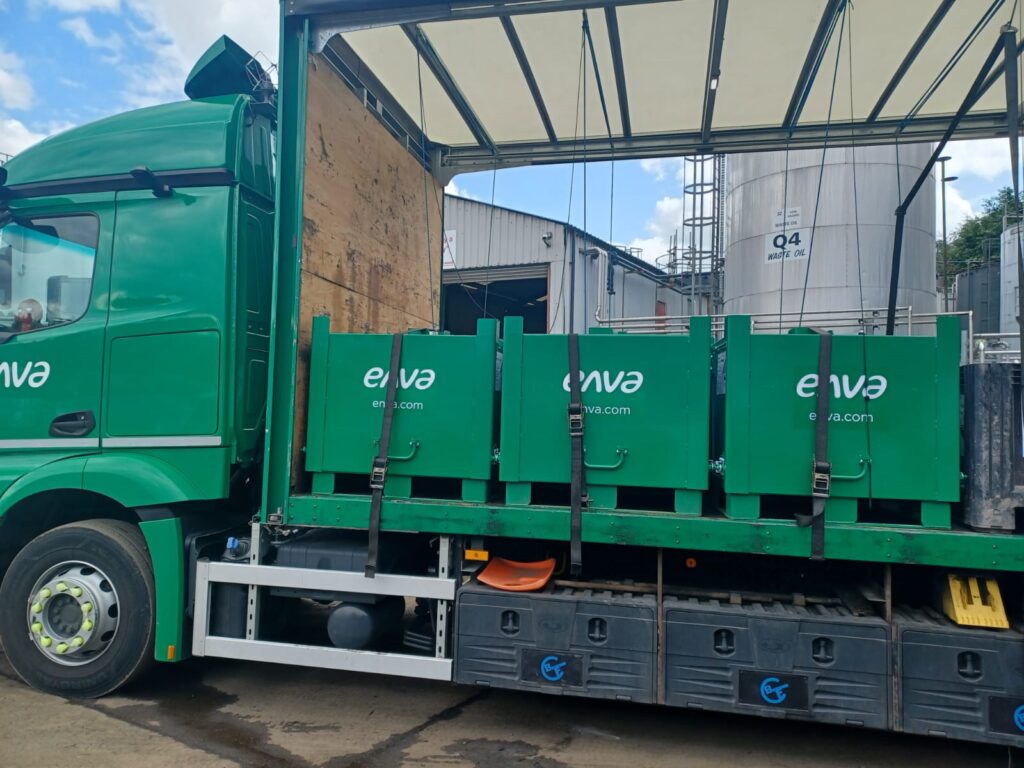*This story was included in error in a newsletter on 26 August 2022. An update to this story was published on 25 August 2022, and can be found here.
The studies are expected to say that older fabrics of sofas and other furnishings contain hazardous POPs.
One sector expert explained to letsrecycle.com that many UK manufacturers of sofas stopped using POPs between 2002 and 2011, but imported furniture had some offending chemicals as late as 2019. As a result, it’s estimated around 30% of sofas and soft furnishings could be impacted.
The move could be of concern for the reuse and charity sectors, as they may lose income from the sale of older furniture. It could also have implications for councils running bulky waste services, and also energy form waste (EfW) plant operators.
Instead of sending the older material to landfill, it is likely to have to be incinerated. Many EfW facilities will not able to process the material easily as they don’t have shredders on-site.
It could also mean operators at places such as recycling centres would have to assess some soft furnishings and decide its age and toxicity, but the exact details of how this would work are unclear.
Reuse
It is expected the charity shop and retail sectors will emphasise that older materials remain safe to use and buy.

However, one sector expert raised concerns that communication so far has focused largely on waste companies and people handling material. This means consumers who would buy a second hand sofa could be put off from doing so over fears it is unsafe.
This could lead to a potential “influx” of people looking to dispose of sofas and replace them with new ones, the reuse sector expert explained.
There are therefore fears that all sofas instead would need to be be sent to incineration as the cost of determining the toxicity will be too much, as will the difficulty in doing so.
Working group
A working group on POPs in furniture was set up in January 2021 which included Defra and the Environment Agency as well as several key stakeholders such as the British Furniture Confederation.
The working group was set up to assess POPs in soft furnishing to reduce harmful waste in line with obligations under the Stockholm Convention for POPs.
The group has been assessing results of studies undertaken so far on brominated POP flame retardants in soft furnishings such as sofas.
These studies screened the waste steam and products for harmful POPS and advised on the importance of developing guidance on the correct handling, separation and storage, as well as disposal of soft furnishings waste, much of which currently goes to landfill.
Several meetings have taken place since then and a summary of studies from Defra is expected imminently.
Further working groups will then take place involving waste management companies, local authorities, the reuse sector and other stakeholders to thrash out official guidance.









Subscribe for free